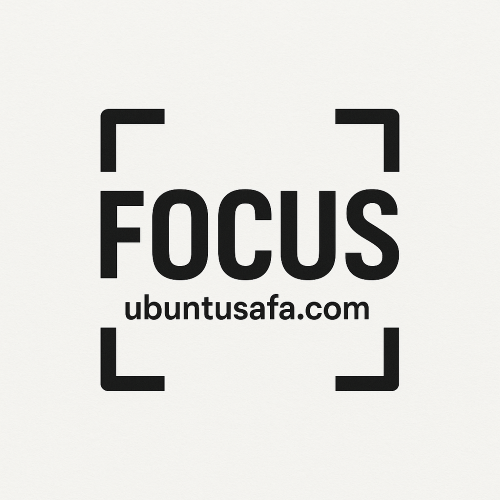Consequences and Resistance

Hidden authoritarianism has significant consequences for human rights, economic development, and international relations.
It erodes fundamental freedoms, stifles economic potential by creating an environment of uncertainty and corruption, and strains international cooperation.
Resisting these new forms of control is challenging for civil society and opposition groups due to the subtle and often legal nature of the power grabs.
International organizations and democratic alliances play a crucial, but often limited, role in confronting this trend through sanctions, diplomatic pressure, and support for civil society.
1. Impact on Human Rights, Economic Development, and International Relations
-
Human Rights: Hidden authoritarianism leads to a steady erosion of civil liberties. While outright abuses may be less common than in traditional dictatorships, there is a rise in "preventive repression" like mass surveillance and online censorship. Freedom of speech, assembly, and the press are gradually curtailed through legal restrictions and harassment, creating a chilling effect that discourages dissent. Minority groups and political opponents often face discrimination, harassment, and politically motivated charges.
-
Economic Development: The impact on the economy is often complex. While some authoritarian regimes, particularly in Asia, have achieved impressive economic growth, this growth often comes at a cost. Economic co-option—the use of state resources to reward loyalists—leads to crony capitalism, which stifles competition, innovation, and long-term economic sustainability. The lack of an independent judiciary and predictable rule of law also makes it difficult for businesses to operate, discouraging foreign investment and hindering development.
-
International Relations: This trend creates instability and distrust in the international system. Authoritarian governments often challenge international norms and institutions, such as human rights courts or international treaties. They may also forge alliances with other autocratic states, creating rival blocs that undermine global cooperation on issues like climate change, trade, and security.
2. Challenges for Resistance Groups
Resisting hidden authoritarianism is difficult because the "rules" of the game are constantly changing, and the actions of the state are often presented as legal and necessary.
-
Legal and Institutional Hurdles: Civil society organizations, independent media, and opposition parties face a constant barrage of legal challenges, including new laws that restrict their funding, registration, or ability to operate. The state can use its control over the judiciary to issue unfavorable rulings, making it difficult to challenge these restrictions.
-
Information Asymmetry: With state-sponsored media and a flood of online disinformation, it becomes incredibly difficult for opposition groups to get their message out and build a broad coalition. The government can easily discredit them as unpatriotic or foreign-backed, undermining their credibility with the public.
-
Leader Popularity: Often, these authoritarian leaders come to power with genuine popular support, making it difficult for the opposition to challenge them. Their popularity is often tied to a charismatic personality or a strong economic performance, making it hard for critics to gain traction.
3. Role of International Organizations and Alliances
International organizations and democratic alliances have a mixed record in confronting this trend. Their effectiveness is often limited, but they do have a role to play.
-
Sanctions and Diplomatic Pressure: Organizations like the European Union, the United Nations, or the African Union can use sanctions, diplomatic condemnations, and the threat of expulsion to pressure authoritarian governments. However, these tools are often only effective if there is a unified international front, which is not always the case.
-
Supporting Civil Society: International organizations can provide financial and technical support to civil society groups, independent journalists, and opposition parties in authoritarian countries. This support helps them continue their work, but it can also make them targets of government repression, which can label them as foreign agents.
-
Setting Norms: International organizations and courts can play a crucial role in setting global standards for democracy and human rights. Even if their rulings are not always enforced, they provide a moral and legal framework that can be used by domestic opposition groups to challenge their governments and rally international support.
- Questions and Answers
- Opinion
- Motivational and Inspiring Story
- Technology
- Live and Let live
- Focus
- Geopolitics
- Military-Arms/Equipment
- Güvenlik
- Economy
- Beasts of Nations
- Machine Tools-The “Mother Industry”
- Art
- Causes
- Crafts
- Dance
- Drinks
- Film/Movie
- Fitness
- Food
- Oyunlar
- Gardening
- Health
- Home
- Literature
- Music
- Networking
- Other
- Party
- Religion
- Shopping
- Sports
- Theater
- Health and Wellness
- News
- Culture

